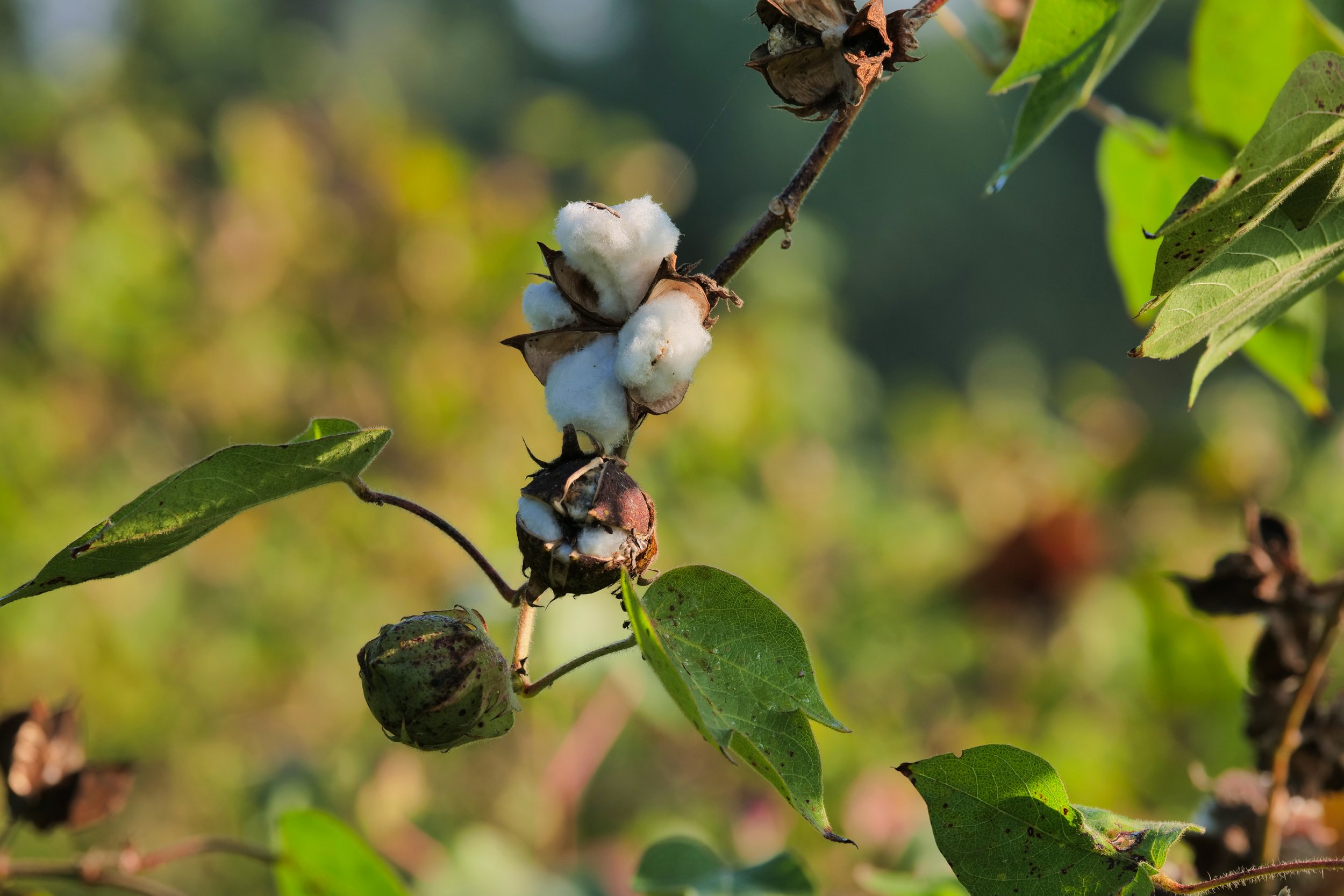CottonConnect and Assimila partners to address health issues caused by climate change among smallholder cotton growers in Bangladesh
CottonConnect and Assimila, supported by the European Space Agency’s EO Science for Society Programme, have set up Combat Against Climate Change on Cotton Communities, known as C5, a feasibility study exploring how climate advice could help farmer decision-making at key stages in the cotton production cycle. C5 is designed to help farmers mitigate threats to their health, in addition to their crops, and is the first system of its kind to focus on the lived experience of cotton farmers and pickers.
The feasibility study investigates how linking Earth observation and climate analysis can help farmers to plan for extreme climate change that may affect their ability to farm. It comprises two main elements, a health ‘stress’ index to identify where health risks (such as heat stroke and exhaustion) are increasing in order to plan and manage farming activities, and an alert system providing extreme weather warnings, alerts and actionable information at key milestones during the cotton calendar.
C5 information will be disseminated to farmers through text messages, radio broadcasts and outreach groups and aims to limit worker exposure to harmful heat, avoid significant risks such as flooding, and improve related activities such as crop production and livestock rearing that are also threatened by climate change.
Assimila will provide Earth observation and climate data analysis and CottonConnect has connections with cotton farmer communities and will facilitate data collection. The C5 prototype is being developed for users in Bangladesh with a view to rolling out to other major cotton-producing nations.
Farmers and cotton stakeholders in Bangladesh will use novel cotton mapping data products derived from Sentinel-2 images in a feasibility study run by CottonConnect and Assimila. Access to a wealth of climate and satellite data such as Sentinel-2 data is key to generating actionable information that will help farmers to make a step change in the way they manage their environment, including understanding and tackling the effects of climate change and safeguarding their health and wellbeing. Sentinel-2 images, like these from the Chuadanga district, Khulna Division in Bangladesh taken on 3 June this year, are offering a new perspective on land and vegetation. Assimila will use these images to derive up-to-date information cotton growing areas in Bangladesh that will be used to identify changes where, for example, extreme temperature or precipitation have had an effect. The true colour Sentinel-2 images uses bands which roughly correspond to red, green, and blue on the colour spectrum, and the result looks like the world as humans see it. The false-colour image allows humans to visualize wavelengths that the eye cannot see and are particularly useful to identify crops such as cotton and assess their current state. In this, healthy dense vegetation appears in bright green and bare soil in dark brown.
CottonConnect CEO Alison Ward said, “We know that smallholder farmers are already facing the impacts of climate change. This significant partnership, supported by the European Space Agency, brings Assimila’s expertise in Earth observation, modelling and computing together with CottonConnect’s experience of working with rural communities to address climate-related changes that we see all too often among our farmers. We’re optimistic that access to improved forecasting tools will help them develop more sustainable cultivation practices by helping them understand, monitor and even predict the environment in which they are farming.”
Assimila director Andy Shaw said, “C5 will support cotton farmers adapt to changing climate factors by providing state-of-the-art, up-to-date information focused on issues affecting the health of cotton growers. Exploiting advances in Earth observation and climate data science, C5 will generate a range of hazard indices and alerting services to inform support mechanisms for farmers and workers.”
About Assimila
Assimila is an Earth observation (EO) consultancy and research & development organisation based in Reading, UK. Founded in 2006, we help our customers understand, monitor and predict environmental conditions, specialising in the assimilation of EO, climate and weather data with physical models to transform data into useful information for sustainable environmental management. The key expertise and experience that Assimila brings to the C5s project is i) expertise in quantitative Earth observation for land surface monitoring at local and regional scales, ii) practical knowledge and track record in cropland monitoring, iii) experience in multi-stakeholder international projects with an emphasis on user-centred design and iv) capability in translating user requirements into practical solutions at scale.































